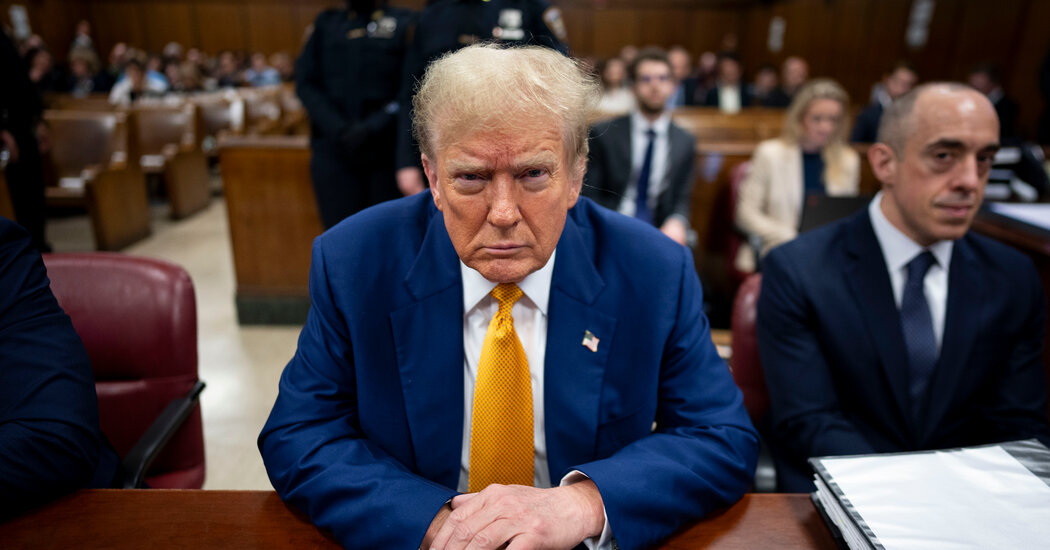A New York judge on Friday upheld President-elect Donald J. Trump’s criminal conviction but signaled that he was inclined to spare him any punishment, a striking development in a case that had spotlighted an array of embarrassing misdeeds and imperiled the former and future president’s freedom.
The judge, Juan M. Merchan, indicated that he favored a so-called unconditional discharge of Mr. Trump’s sentence, a rare and lenient alternative to jail or probation. He set a sentencing date of Jan. 10, and ordered Mr. Trump to appear either in person or virtually.
An unconditional discharge would cement Mr. Trump’s status as a felon just weeks before his inauguration — he would be the first to carry that dubious designation into the presidency — even as it would water down the consequences for his crimes.
Unlike a conditional discharge, which allows defendants to walk free if they meet certain requirements, such as maintaining employment or paying restitution, an unconditional discharge would come without strings attached. That sentence, Justice Merchan wrote in an 18-page decision, “appears to be the most viable solution to ensure finality and allow defendant to pursue his appellate options.”
Mr. Trump, who could ask an appeals court to intervene and postpone the sentencing, faces up to four years in prison. A Manhattan jury convicted him in May on 34 counts of falsifying business records, concluding that he had sought to cover up a sex scandal that threatened to derail his 2016 campaign for president.
Justice Merchan declined on Friday to overturn the jury’s verdict, rebuffing Mr. Trump’s claim that his election victory should nullify his conviction. And last month, the same judge rejected another argument Mr. Trump had mounted in hopes of getting the case dismissed: that his conviction had violated a recent Supreme Court ruling granting presidents broad immunity for their official actions.
Together, Justice Merchan’s two rulings picked apart Mr. Trump’s legal maneuvers, upholding the first criminal conviction of an American president and denying him the opportunity to clear his record before returning to the White House.
“To dismiss the indictment and set aside the jury verdict would not serve the concerns set forth by the Supreme Court in its handful of cases addressing presidential immunity nor would it serve the rule of law,” Justice Merchan wrote in the Friday ruling. “On the contrary, such decision would undermine the rule of law in immeasurable ways.”
The judge’s ruling does not guarantee that Mr. Trump will face sentencing on Jan. 10 as planned. In the coming days, his lawyers could ask an appeals court to grant an emergency pause of the sentencing. The appeals court could then rule within a matter of hours.
Alternatively, now that the judge has disclosed that he is unlikely to sentence Mr. Trump to jail, the president-elect could decide not to fight the sentencing.
Once sentenced, Mr. Trump is free to appeal his conviction and mount a drawn-out legal battle across his second presidential term. While New York appeals courts might resist his efforts, he may ultimately fare better at the Supreme Court, where the 6-to-3 conservative majority includes three justices whom Mr. Trump appointed in his first term.
This is a developing story and will be updated.





